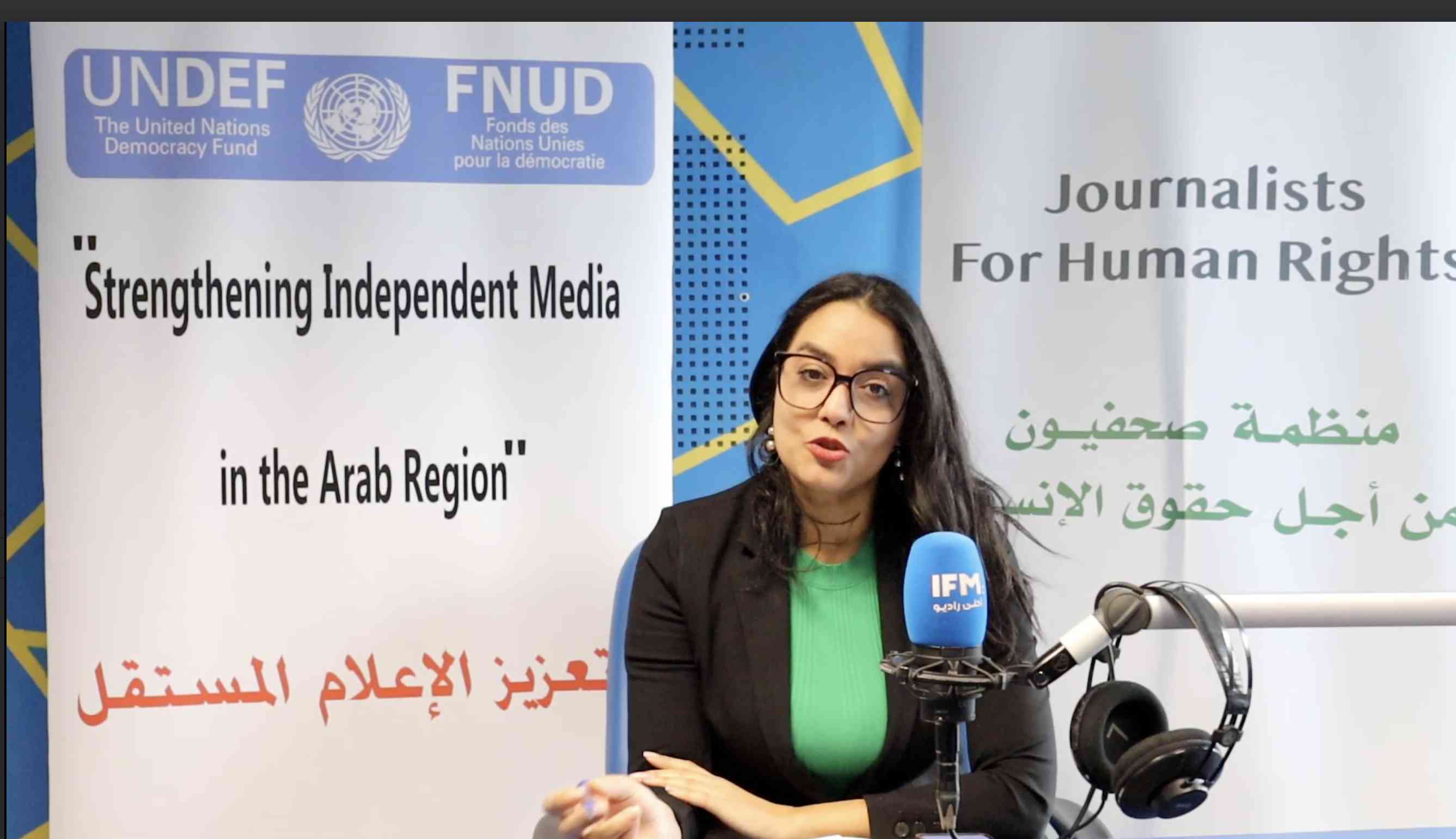Lesson Learned: Strengthening Independent Media in the Arab Region
Inclusive project designs that rely on human rights actors from diverse professions and backgrounds have a high potential for engaging stakeholders and local authorities. In this case, inclusive project designs in Tunisia and Lebanon allowed to effectively work with local authorities towards understanding and addressing issues related to access to information and data-driven journalism.

The project aims to strengthen independent media in the Arab region so as to build greater accountability and better governance, by improving the working environment for journalists; advancing media freedom and accessible information and data; enhancing the capacity of freelance and full-time journalists to cover sensitive human rights stories; and improving journalists’ legal knowledge through strong working partnerships with civic actors. Project activities also incorporate responses to the Covid-19 crisis for journalists on the front line.